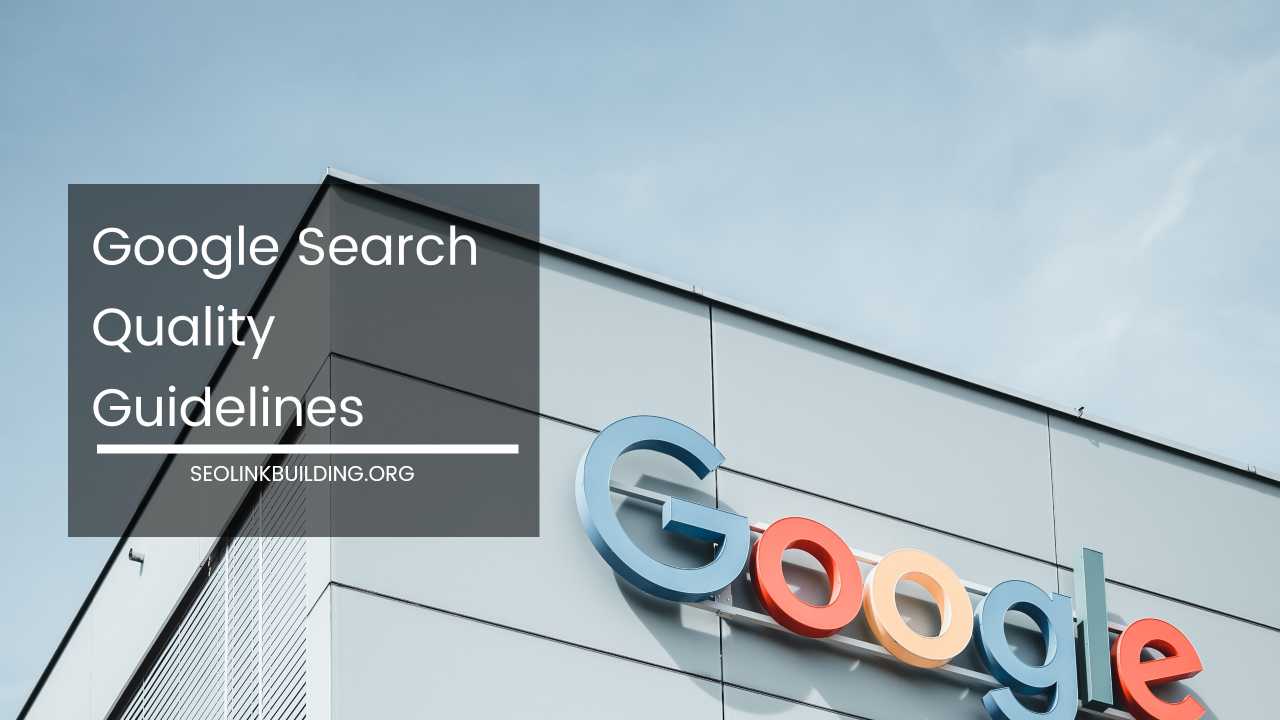SEO for Social Media: Enhancing Visibility and Engagement

SEO for Social Media
In today’s digital age, social media has become an integral part of our lives, and businesses have recognized the immense potential it holds for marketing and connecting with their target audience.
Social media platforms have evolved into powerful marketing channels, and to make the most of them, understanding and implementing SEO (Search Engine Optimization) strategies is crucial.
What is SEO for Social Media?
SEO for social media involves optimizing your social media profiles, content, and interactions to increase visibility, reach a wider audience, and improve engagement.
By integrating SEO techniques into your social media marketing efforts, you can enhance your brand’s online presence and establish a strong connection with your followers.
Importance of SEO in Social Media Marketing
Social media platforms are bustling with activity, and millions of posts are uploaded every day. To stand out in this sea of content, SEO plays a pivotal role. When your social media content is optimized for relevant keywords and user intent, it becomes more discoverable, leading to increased traffic, shares, and interactions.
Understanding Social Media Algorithms
One of the key factors that govern social media platforms is their algorithms. These algorithms determine what content appears on users’ feeds based on various factors, such as relevance, engagement, and user preferences.
How Social Media Algorithms Work
Social media algorithms are designed to prioritize content that users are likely to find valuable and engaging. They consider factors like post engagement, time of posting, and user behavior to rank content on users’ feeds.
The Role of SEO in Algorithm Ranking
SEO on social media involves aligning your content with the platform’s algorithm requirements. By using relevant keywords, crafting engaging posts, and posting at optimal times, you can improve your chances of appearing higher in users’ feeds.
Optimizing Social Media Profiles
Your social media profile is often the first point of contact between your brand and potential customers. Optimizing your profiles can significantly impact your visibility and brand perception.
Creating an SEO-friendly Profile
When creating a social media profile, ensure that it reflects your brand identity and values. Use a consistent brand voice and imagery across platforms, making it easier for users to recognize and remember your brand.
Using Keywords Strategically
Keywords play a vital role in SEO for social media. Research and use relevant keywords in your profile’s bio, posts, and updates to increase the likelihood of your profile being discovered by users searching for specific topics.
Content Optimization for Social Media
Engaging content is the backbone of successful social media marketing. By optimizing your content, you can capture your audience’s attention and encourage them to interact with your posts.
Importance of Engaging Content
High-quality content that resonates with your audience can lead to higher engagement rates, including likes, comments, and shares. Engaging content is more likely to be prioritized by social media algorithms, reaching a broader audience.
Utilizing Keywords in Social Media Posts
When crafting social media posts, include relevant keywords in your captions and content. This practice will make your posts more discoverable when users search for specific topics related to your industry or niche.
Hashtags and Their Impact on SEO
Hashtags have become an essential element of social media communication. They can significantly impact the reach and discoverability of your content.
Choosing Relevant Hashtags
Research and use trending and relevant hashtags in your posts to reach a broader audience and join conversations around specific topics.
Tracking Hashtag Performance
Regularly monitor the performance of your hashtags. This analysis will help you identify which hashtags are driving engagement and which ones might need adjustment.
Building Backlinks with Social Media
Backlinks play a crucial role in improving your website’s SEO, and social media can be a valuable tool in generating these backlinks.
Using Social Media to Generate Backlinks
Share high-quality content on your social media channels, which can encourage other websites and blogs to link back to your content, increasing your backlink profile.
Partnering with Influencers
Collaborating with influencers in your industry can lead to more shares and mentions of your content, further improving your backlink profile and social media visibility.
Measuring SEO Success on Social Media
Measuring the effectiveness of your social media SEO efforts is essential to track progress and identify areas for improvement.
Key Metrics to Track
Monitor metrics such as post reach, engagement, click-through rates, and conversions to gauge the success of your social media SEO strategy.
Analyzing and Improving Results
Analyze the data from your social media campaigns and adapt your strategy accordingly. Experiment with different content types and posting schedules to find what works best for your audience.
Leveraging Video and Visuals for SEO
Visual content, including images and videos, can significantly enhance the effectiveness of your social media SEO efforts.
The Power of Video Content
Videos are highly engaging and shareable, making them a powerful tool for increasing your social media reach and engagement.
Image SEO Best Practices
When sharing images on social media, ensure they are appropriately optimized with alt text, relevant filenames, and descriptions to improve their discoverability.
Integrating Social Media with Your Website
Integrating your social media presence with your website can create a seamless user experience and boost your website’s SEO.
Linking Social Media Platforms to Your Site
Add social media buttons to your website, allowing users to easily access your social profiles and share your content with their networks.
Benefits of Social Media Integration
By integrating social media with your website, you can drive more traffic to your site, improve your site’s authority, and enhance your overall online presence.
Staying Updated with Social Media Trends
Social media is constantly evolving, and staying updated with the latest trends is vital for a successful SEO strategy.
Importance of Being Adaptable
Keep an eye on emerging social media platforms and trends, and be ready to adapt your strategy to capitalize on new opportunities.
Keeping Up with the Latest Developments
Follow industry influencers and reputable sources to stay informed about the latest developments in social media marketing and SEO.
Addressing Common SEO Challenges in Social Media
As with any marketing strategy, social media SEO comes with its unique set of challenges that need to be addressed effectively.
Dealing with Algorithm Changes
Social media algorithms are frequently updated, and these changes can impact your visibility. Stay agile and adjust your strategy when necessary.
Handling Negative Feedback
Inevitably, you may encounter negative feedback on social media. Respond professionally and promptly to address concerns and maintain a positive brand image.
Utilizing Paid Advertising for SEO on Social Media
Paid advertising on social media can complement your organic efforts and help you achieve specific marketing goals.
Boosting Posts for Greater Reach
Boosting your top-performing posts can extend their reach to a broader audience and increase engagement.
Setting Up Targeted Ad Campaigns
Create targeted ad campaigns to reach specific demographics, interests, and behaviors, maximizing the impact of your advertising budget.
Social Media SEO Tools and Resources
Several tools and resources can aid you in your social media SEO efforts, making your strategy more efficient and data-driven.
Tools for Keyword Research and Analysis
Utilize keyword research tools to identify relevant and trending keywords that align with your social media content.
Social Media Analytics Platforms
Make use of social media analytics platforms to monitor your performance, track audience behavior, and gather insights to refine your strategy.
Case Studies: Successful Social Media SEO Campaigns
Learning from successful social media SEO campaigns can offer valuable insights and inspiration for your own strategy.
Real-life Examples of Effective Strategies
Explore case studies of brands that achieved significant results through their social media SEO efforts.
Key Takeaways from Each Case Study
Identify the key takeaways from each case study and apply them to your own social media SEO strategy.
Conclusion
In conclusion, SEO for social media is a powerful approach to enhance your brand’s visibility, engagement, and overall success in the digital landscape.
By understanding social media algorithms, optimizing your profiles and content, utilizing hashtags, generating backlinks, and staying updated with the latest trends, you can create a robust social media SEO strategy that drives meaningful results for your business.
FAQs (Frequently Asked Questions)
- Is social media SEO different from traditional SEO? Social media SEO focuses on optimizing content and profiles for visibility and engagement on social media platforms, while traditional SEO primarily targets search engine rankings.
- Can social media SEO alone drive traffic to my website? Social media SEO can drive significant traffic, but it’s best used in conjunction with other marketing efforts, including organic SEO and paid advertising.
- How often should I post on social media for SEO purposes? The posting frequency depends on your audience and the platform. Consistency is key, but avoid over-posting, as it might lead to audience fatigue.
- What role do influencers play in social media SEO? Influencers can amplify your content’s reach, generate backlinks, and boost engagement, positively impacting your social media SEO.
- How do I track the success of my social media SEO strategy? Track key metrics such as engagement rates, reach, click-throughs, and conversions to measure the effectiveness of your strategy.













